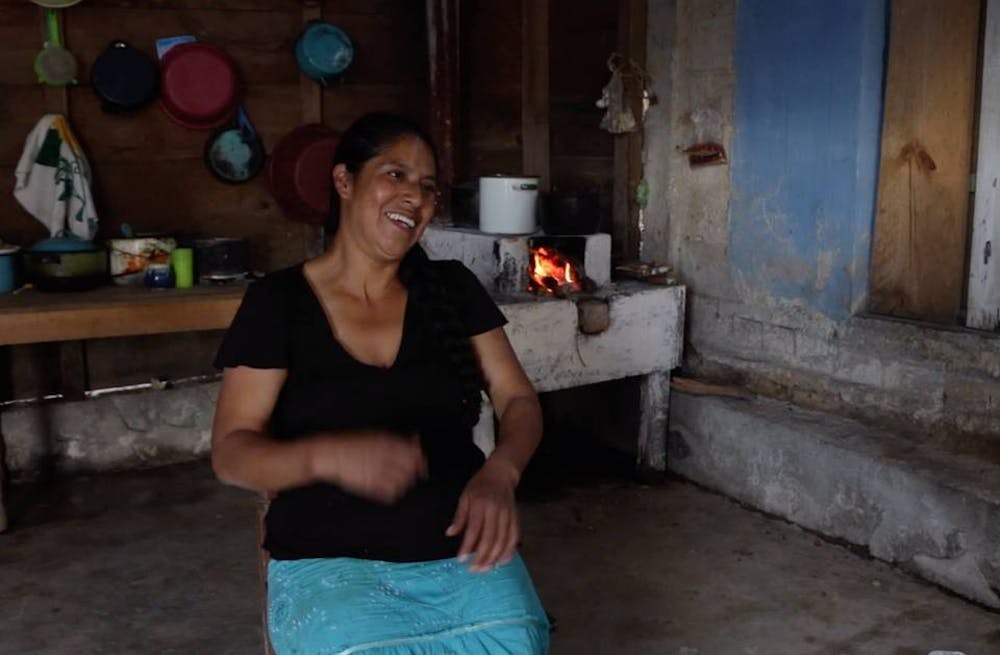From the #MeToo movement to Hollywood scandals, gender equity is a relevant topic in today’s culture and still proves an important goal even in the most unlikely of places — like the coffee industry.
On March 29, Carrboro Coffee Roasters will host a screening of the documentary, “Gender in Coffee,” at Open Eye Café to support the Partnership for Gender Equity Equal Origins program and to celebrate Women’s History month.
Kimberly Easson, founder and strategic director of the Partnership for Gender Equity, said: “The goal of the Partnership for Gender Equity is to unlock the potential of coffee-farming women, youth and their families and elevate opportunities for coffee-farming communities to thrive.”
Easson said through addressing gender inequity in the supply chain of coffee, this partnership can lay a framework for sustainability and improve the quality of life for coffee-farming families in the industry. An important part of meeting these goals is raising awareness through showings of “Gender in Coffee.”
“Gender in Coffee” is a documentary following the path of coffee production starting with a farmer family from Chiapas, Mexico to the cafes where it is brewed. Specifically, this documentary gives a glimpse into the lives of the women who lead these farming families.
Scott Conary, owner of Carrboro Coffee Roasters, said the coffee industry is led by men. However, women take on much of the responsibility for the families involved in this industry.
“Historically, most coffee-growing countries are very patriarchal," Conary said. "They’re very male-dominated, even though women might be doing the majority of the work.”
Easson said most coffee is grown on family farms, which are comparable to small businesses. The coffee industry is largely considered a man’s industry because men are seen directly participating in the coffee market. However, activities that transpire close to the family farm behind the scenes, such as caring for the plants, checking the bean quality and tending to nurseries, are predominately completed by women. The payment received for the coffee is often received solely by the man, leading to this inequity.
“There is essentially an imbalance of decision-making and tasks that men and women have that really mean that quality of life for women is often less than men in poor, rural households," Easson said.



